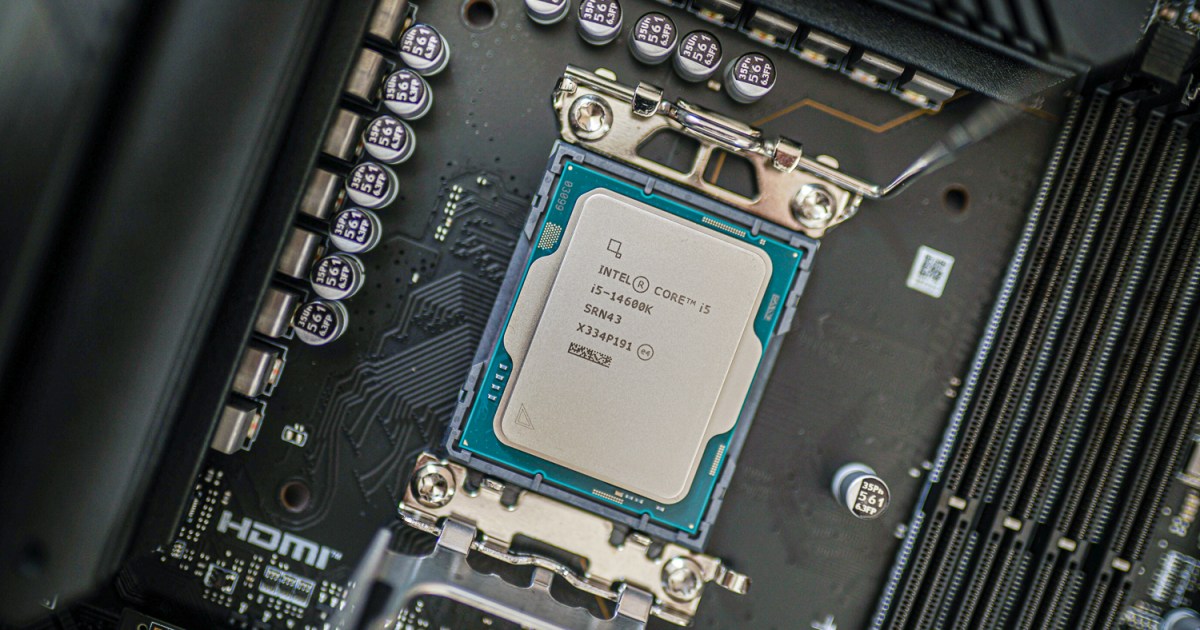Intel has finally gotten a grip on its disastrous instability problems that have been the bane of some of Intel’s best processors for nearly a year, including the Core i9-13900K and Core i9-14900K. The update was released last week, and users are now taking it out for a spin. And unfortunately, some are reporting performance drops of up to 6.5%.
A user on the Chiphell forums tested the new BIOS patch that is supposed to address instability on Intel’s 13th-gen and 14th-gen CPUs. The user twfox saw a drop of around 6.5% with the Core i9-13900K in Cinebench R15’s single-core test, at least compared against Wccftech’s own tests. In the more recent Cinebench R23, the Core i9-14900K dropped about 2% of its multi-core score, falling behind AMD’s Ryzen 9 7950X.
Those aren’t the severe performance drops we saw when Intel first tried to address this issue. In the first round of motherboard updates, users saw drops of anywhere from 9% up to 20%, and in multiple applications. Here, the performance differences are minor, and they shouldn’t impact gaming performance at all. Even so, Intel’s original post announcing the BIOS update said that the performance differences should be “within run-to-run variation,” including in tests like Cinebench.
Get your weekly teardown of the tech behind PC gaming
Although the performance loss shouldn’t be meaningful in the vast majority of applications, it’s interesting to see where the Core i9-13900K and Core i9-14900K have ended up now that the dust has settled on Intel’s instability fiasco. It also raises a lot of questions as both Intel and AMD move on to new generations of processors.
AMD has already released its Zen 5 CPUs, including the Ryzen 9 9950X and Ryzen 9 9900X. However, they were met with a lukewarm reception, prompting AMD to update the power specifications of the lower-end Ryzen 7 9700X and Ryzen 5 9600X.
On Intel’s side, the company is gearing up to launch its 15th-gen Arrow Lake processors, which are expected to arrive before the end of October. With new Intel chips on the way, and performance-changing updates for both Zen 5 and Intel’s last two generations, it’ll be important to pay close attention to performance numbers in the next round of CPU reviews.
Read the full article here














